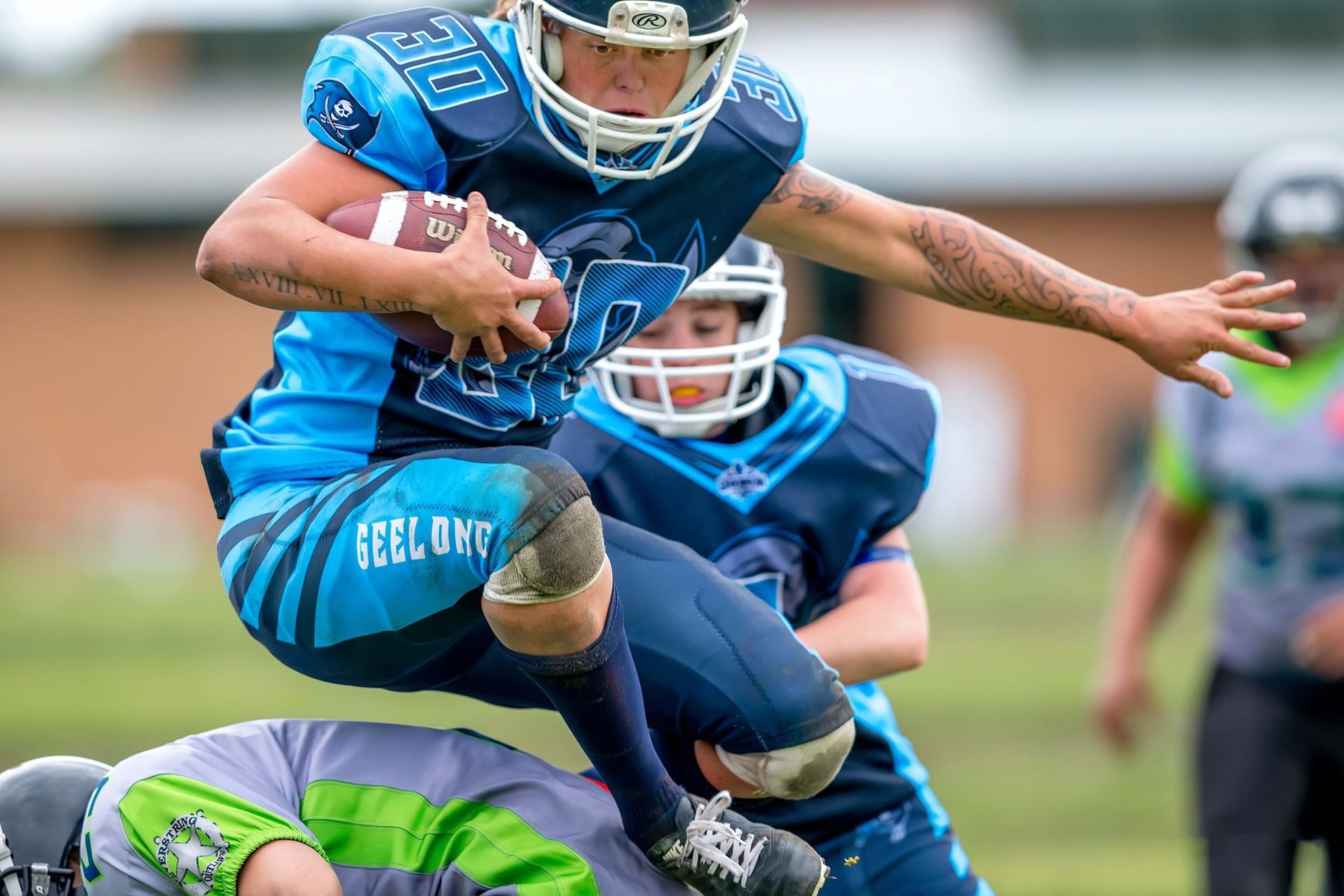Written by Nathan Trevitt, psychologist.
Want to improve academically? Think like an athlete!
When we watch our favourite athletes, it’s easy to forget the hours of training they’ve put in behind the scenes to perform at the highest level. AFL footballers, for example, begin their pre-season training only six weeks after the end of the main season in preparation for the following year!
Sometimes, we forget that our brains (just like our muscles) can be trained to improve as well. As we each move slowly out of the COVID-19 lockdown period, it’s a good time to re-examine our study habits. There’s still time to work on our mental skills prior to end of year exams. If you’re struggling to think about where and how to improve, it can pay to examine the work and mental skills used by your favourite athlete and explore the following recommendations so that your brain can perform at its best.
1. Chunking study into smaller sized sessions.
Just like a long-distance runner would not run a full marathon in their first week of training, studying is much more effective when completed in short chunks, rather than one extended session. For example, instead of planning a 2 hour study session to complete one project, you might benefit from spreading this study over 4 sessions of 30 minutes each. This is because the brain is better at absorbing information during these short, repeated sessions. Just as your muscles strengthen when increasing running distance, your brain becomes accustomed to studying this way and study will become easier over time.
2. Routine, routine, routine.
Many athletes are notoriously rigid with their preparation throughout their career. Coaches encourage this by providing players with consistent schedules about when to train, play, recover and rest. Similarly, when it comes to studying, it is best to identify consistent times, days and locations to study rather than going about it randomly. For example, you might choose to study between 5pm-7pm at your desk (Monday – Thursday) or study at the local library on alternate days. Developing a routine over time is important because the brain “learns to learn” during these specific times. Creating a timetable and displaying it somewhere communal in the house will be beneficial, as it allows family members to adapt to pre-scheduled study periods and be available to provide help if needed.
3. Practise makes perfect.
It’s unlikely that an Olympic sprinter would practise their shot-put technique during training. So, when faced with upcoming tasks, students should learn the most effective ways to practise their skills in the area required. For example, if there is an upcoming speech, you might practise your public speaking skills in front of family or classmates rather than just reading your speech quietly to yourself. If there is a test, rather than just passively reading notes, students can ask teachers for practice questions or develop your own with friends as this helps mirror testing conditions.
4. Self-care.
Perhaps the most important aspect of any athlete’s career (and perhaps the least discussed) is self-care. Even the greats, such as tennis champion Roger Federer, speak about the importance of having down-time and needing to relax to play at their best. So, while study is important, it is only one part of a student’s life. Consistent poor sleep, a lack of physical activity, and poor diet can all wreak havoc on the brain’s ability to function at its best. Socialising and encouraging interests outside of education such as sport, music, gaming and reading will all contribute to a fit and healthy brain.
5. The importance of a good coach.
Finally, every good athlete needs a good coach. Parents, teachers and mentors can all act as good coaches by modelling some of the tips above, by being empathic when a student is stressed and by providing continual encouragement so students can be at their best.
Need some more tips? Check out this article on ReachOut.

Nathan is a psychologist who has worked with adolescents in secondary schools for 5 years. He has strong interests in the use of social media and its impact on mental health, sport, and performance psychology, and he enjoys encouraging healthy well-being strategies and technology to assist with mental health difficulties. If not in session, you can find him out running or rock-climbing somewhere in Melbourne trying to implement his own strategies to improve performance.

